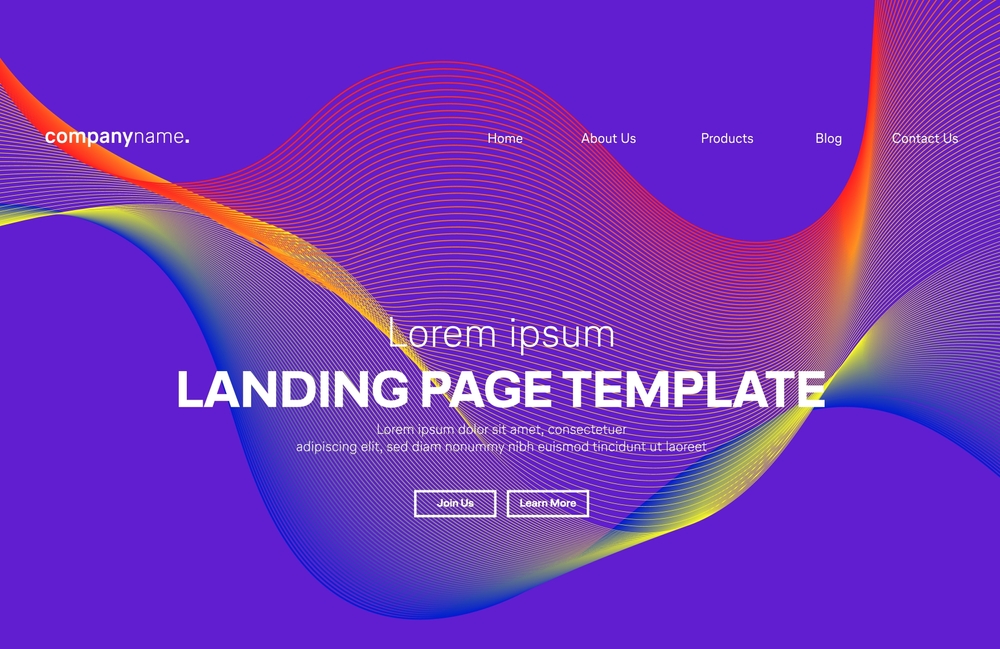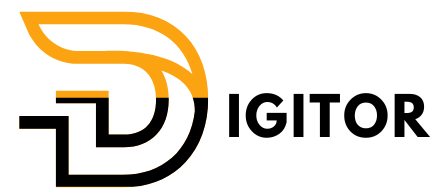WordPress vs. Coding: Which is Better for Website Development?
When it comes to building a website, one of the most common debates is whether to use a platform like WordPress or to opt for custom coding. Both approaches have their own advantages and disadvantages, and the choice largely depends on your specific needs, goals, and resources. In this blog, we’ll explore the key differences between WordPress and coding, helping you make an informed decision for your website development project.
What is WordPress?
Overview of WordPress
WordPress is a popular content management system (CMS) that allows users to create and manage websites with ease. It provides a user-friendly interface, a wide range of themes and plugins, and a vast community of developers and users. WordPress powers over 40% of all websites on the internet, making it a dominant force in the web development space.
Key Features of WordPress
- Ease of Use: Intuitive interface that allows users to build and manage websites without needing advanced technical skills.
- Themes and Plugins: A large selection of pre-designed themes and plugins to extend functionality and customize design.
- SEO-Friendly: Built-in tools and plugins to optimize websites for search engines.
- Community Support: A vast community of developers and users providing support, tutorials, and resources.

What is Custom Coding?
Overview of Custom Coding
Custom coding involves writing HTML, CSS, JavaScript, and other programming languages to build a website from scratch. This approach offers complete control over every aspect of the site, allowing for highly personalized and unique designs. Custom coding is often preferred for complex projects requiring specific functionalities or design elements that may not be achievable with standard platforms.
Key Features of Custom Coding
- Flexibility: Total control over website design and functionality, allowing for unique and tailored solutions.
- Performance: Potentially faster and more efficient websites, as there is no need to load unnecessary code or plugins.
- Scalability: Greater ability to scale and adapt the website as needs evolve.
- Security: More control over security measures, reducing reliance on third-party plugins.
WordPress vs. Custom Coding: A Comparison
1. Ease of Use
- WordPress: Ideal for users without technical skills, as it provides a user-friendly interface and a variety of tools to build and manage a website.
- Custom Coding: Requires knowledge of programming languages and technical skills. Best suited for developers or those with access to development resources.
2. Cost
- WordPress: Generally more cost-effective, as many themes and plugins are available for free or at a low cost. However, premium themes and plugins, as well as hosting, may add to the cost.
- Custom Coding: Typically more expensive due to the need for professional development services. Custom solutions require a significant investment in time and resources.
3. Flexibility and Customization
- WordPress: Offers a wide range of themes and plugins for customization but may be limited by the available options. Advanced customization may require additional coding or development.
- Custom Coding: Provides complete flexibility to create a highly customized website tailored to specific needs. Ideal for unique or complex projects.
4. Maintenance and Updates
- WordPress: Regular updates for themes, plugins, and the core system. Users must manage updates to maintain security and compatibility.
- Custom Coding: Requires manual updates and maintenance. The responsibility for keeping the site secure and up-to-date falls on the developer or the site owner.
5. Performance and Speed
- WordPress: Performance can be affected by plugins and themes. Optimizing performance may require additional steps, such as caching and optimization plugins.
- Custom Coding: Potentially more efficient and faster, as the site is built specifically for the intended purpose without unnecessary code.
When to Choose WordPress
- For Quick Setup: If you need a website up and running quickly with minimal technical expertise, WordPress is an excellent choice.
- For Budget-Friendly Solutions: Ideal for small to medium-sized projects where cost-effectiveness is a priority.
- For Simple Customization: Suitable for projects that require standard features and designs with some level of customization.
When to Choose Custom Coding
- For Unique Designs: If you need a highly customized design or specific functionality that WordPress cannot provide, custom coding is the way to go.
- For Complex Projects: Ideal for complex websites or applications that require advanced features and performance optimization.
- For Total Control: Best if you require complete control over every aspect of your website, from design to functionality.
Conclusion
Both WordPress and custom coding have their own advantages and can be the right choice depending on your project requirements. WordPress offers ease of use, cost-effectiveness, and a wide range of features, making it a popular choice for many users. Custom coding provides complete flexibility and control, ideal for complex or unique projects.
For expert assistance in choosing the right approach for your website development, contact Digitor. Our team of professionals can help you navigate the options and create a solution that meets your needs.
For further reading, consider exploring Smashing Magazine for design tips and trends, or visit AIGA for professional design resources and insights.
Explore more related articles to deepen your understanding and make informed choices about graphic design techniques
WordPress Website Developer: Expert Solutions for Your Online Presence
Custom WordPress Development: Tailored Websites for Your Business






